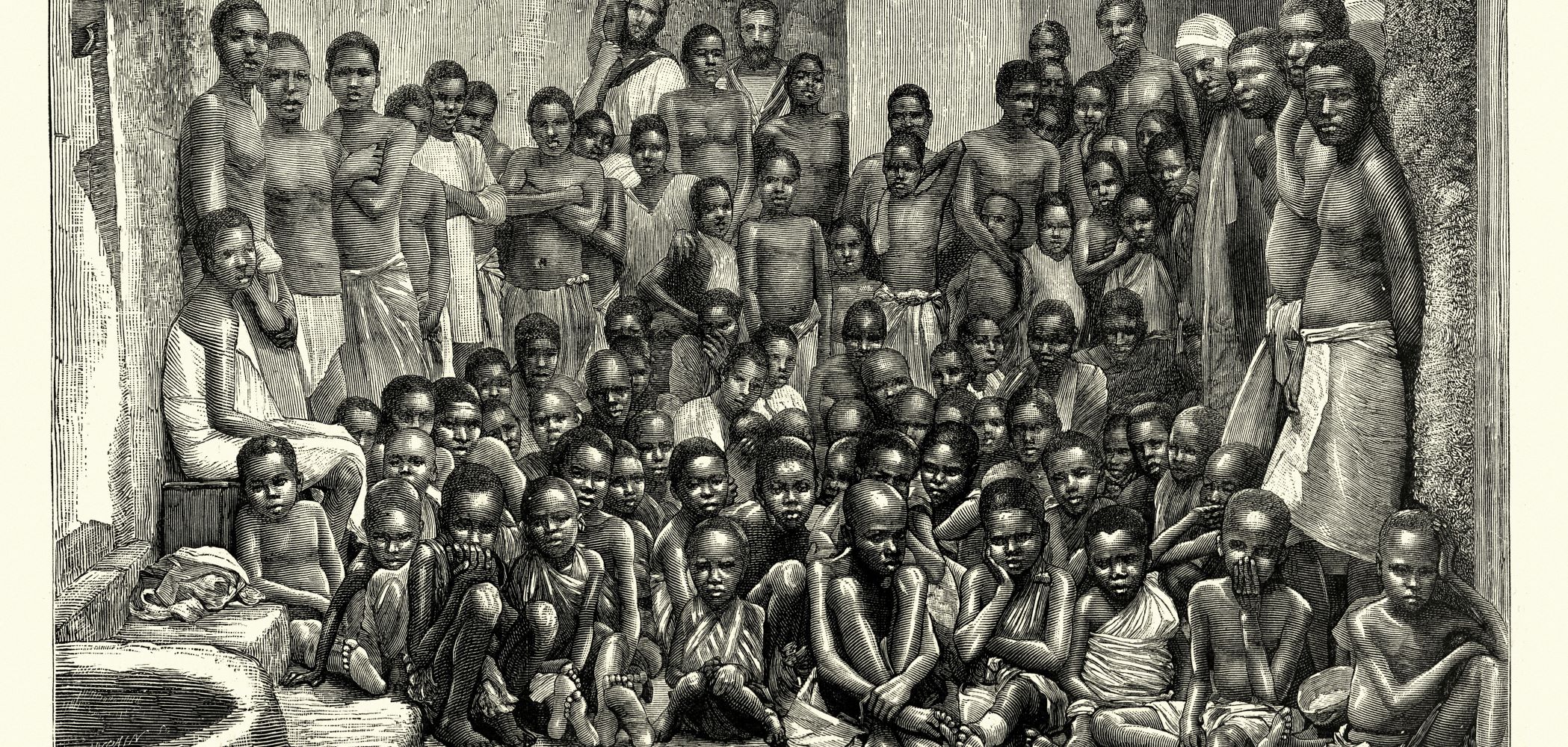We’re not quite there yet
Mark “Pasty” Turner was â€a confused kid’ – but it didn’t stop him standing out from the crowd. At school he never saw the problem with wearing pink shirts – even if his classmates did.
The 51-year-old Port Talbot steel worker grew up in a small Cornish village where he knew he was different, but felt he had to “go along with the norm.”
After leaving school Mark bowed to family pressure and joined the army as a chef. It wasn’t until he had left the army and went to visit a friend in Hamburg when he was 23, that he met an openly gay man.
In today’s society that might sound unusual but, as lesbian, gay bi-sexual and transgender (LGBT) history month reminds us, it wasn’t so long ago that whole swathes of our population were openly persecuted because of their sexuality.
“The army was much the same as being at home. It wasn’t talked about and if it was it was a joke or an insulting comment – it was just part of the banter,” Mark, who is Unite Sima Wales branch secretary, explained.
“When I did finally meet an openly gay man it was relief to understand that there were other people that were the same as me. I wasn’t the one who was strange anymore.”
It still took until mid-90s for Mark to come out as bi-sexual to his friends and family but he says many of them knew already. His parents told him that they’d always knew he had an â€effeminate side’.
 A lot easier now
“I wear bright clothes and I’ve never been one to hold back on beliefs or feelings. But coming out was again a relief. It’s a lot easier now than it was in the 70s or the 80s,” he said.
You might think a long career spent in the often macho settings of steel works across Wales would be more difficult for a bi-sexual man, but Mark says looks can be deceiving.
“It is a very macho environment and it can be quite cruel at times,” Mark said. “But with steel workers if you’re openly bi-sexual or gay the people you’re working with will take the mick, but they wouldn’t let anyone else do it.
“Once you’re part of that team, no matter what your sexuality, people will rally round and protect you. Some people may not understand completely, but they accept you for who you are.”
While things have improved drastically in society over the last decades, Mark says there is still much room for improvement. Of particular concern is the stigma many older LGBT people face from their peers and the need to better serve their needs in places like nursing homes.
Needless to say he still encounters homophobia as well – even occasionally from fellow trade unionists.
That’s why LGBT History Month is important, says Mark. A personal hero of his is the now deceased gay rights campaigner Mark Ashton, who formed Lesbian and Gays Support the Miners (LGSM).
Acceptance
Without the bravery of activists like Mr Ashton, “who never let society get the better of him”, LGBT people would never have gained acceptance. Mark believes there is still a need for people to do the same thing today.
“Once there’s acceptance then life’s a lot easier, so it’s important that we recognise the people who brought LGBT issues to the forefront. It’s like the trade union movement – we forget our history at our peril. If we forget the people who have taken us to where we are now, we may as well stop everything we’re doing,” Mark said.
“We have come a long way but there is still some way to go. For example I understand why we need LGBT committees – and other committees for equality – but we shouldn’t have to have them. We should all just be trade unionists. I don’t think we’re quite there yet.”
*Picture of the first official UK Gay Pride Rally which was held in London on July 1 1972Â
 Like
Like Follow
Follow


